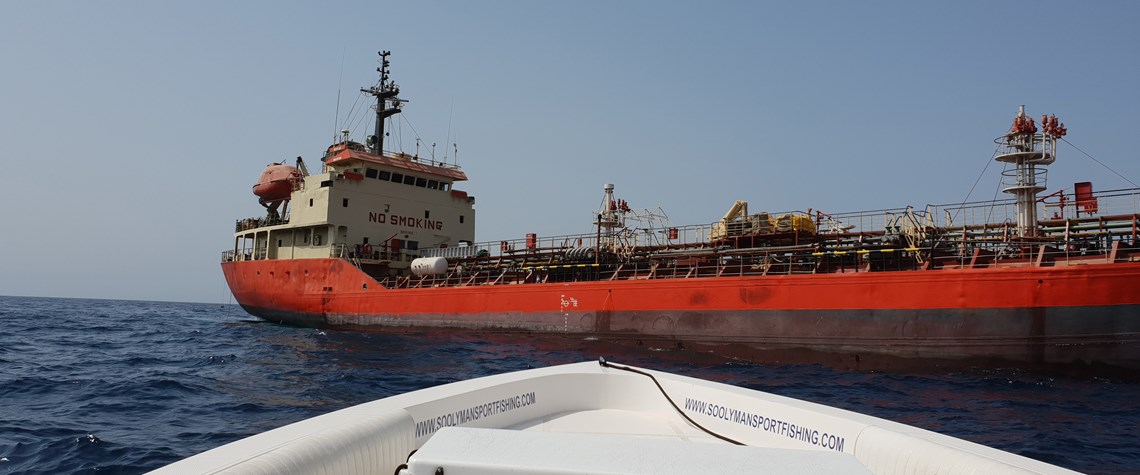Iran plays naval cat-and-mouse game in the Gulf
Western military protection for its tankers is expanding, but unconventional tactics remain a threat
The arrival of a second British warship in the Gulf on 28 July means London has the resources to escort UK-flagged vessels through the Strait of Hormuz. But this support will be small comfort to tanker captains, or the industry that depends on them. State-of-the-art destroyer HMS Duncan and the already Gulf-based frigate HMS Montrose have the firepower, if backed by planes from the US 5th Fleet, to counter Iran's ageing collection of conventional bombers, frigates and submarines. But Iran has several unconventional means of causing havoc if it chooses. Limpet mines, placed by frogmen or delivered by fast boats, have already struck six tankers in the Gulf of Oman, triggering a blame-game abou

Also in this section
22 July 2025
The gas-hungry sector is set for rapid growth, and oil majors and some of the world’s largest LNG firms are investing in ammonia production and export facilities, though much depends on regulatory support
22 July 2025
Next year’s WPC Energy Congress taking place in April in Riyadh, Saudi Arabia will continue to promote the role of women in the energy sector, with a number of events focusing on the issue.
22 July 2025
Pedro Miras is the serving President of WPC Energy for the current cycle which will culminate with the 25th WPC Energy Congress in Riyadh, Saudi Arabia in April 2026. He has over 30 years of experience in the energy sector, including stints with Repsol and the IEA. Here he talks to Petroleum Economist about the challenges and opportunities the global energy sector currently faces.
17 July 2025
US downstream sector in key state feels the pain of high costs, an environmental squeeze and the effects of broader market trends








